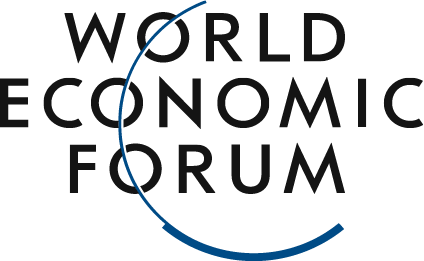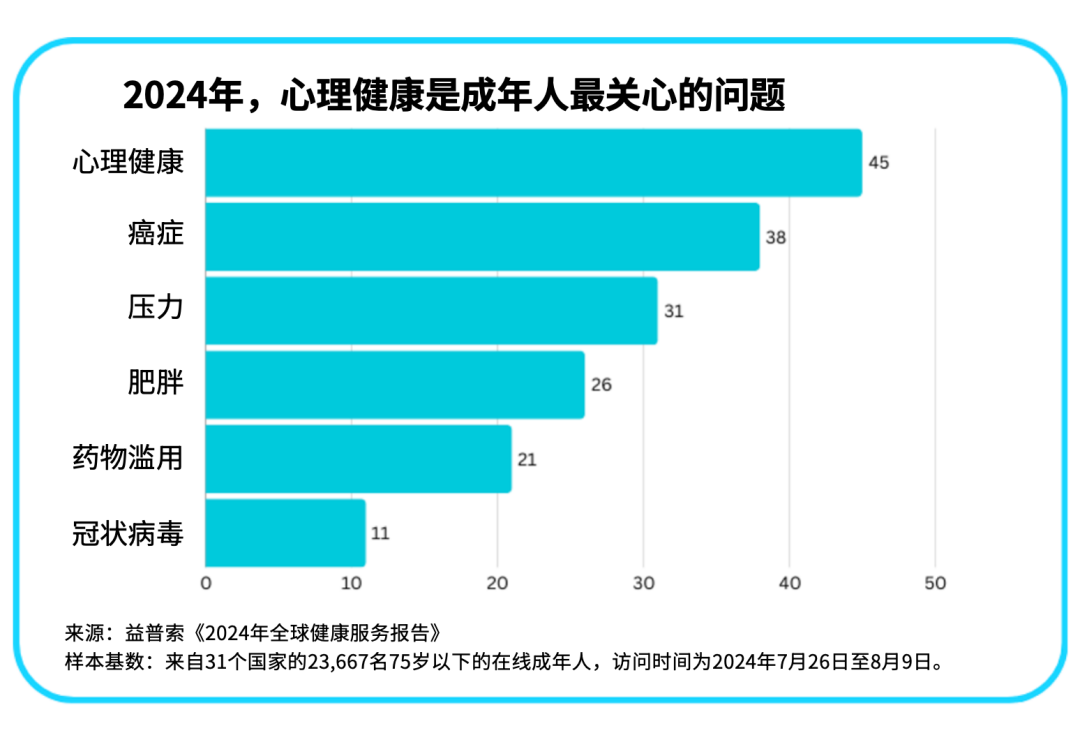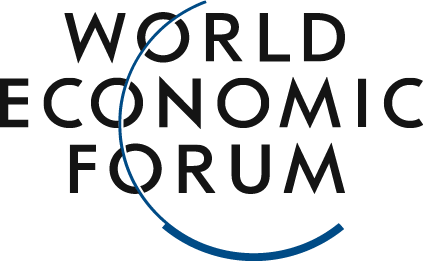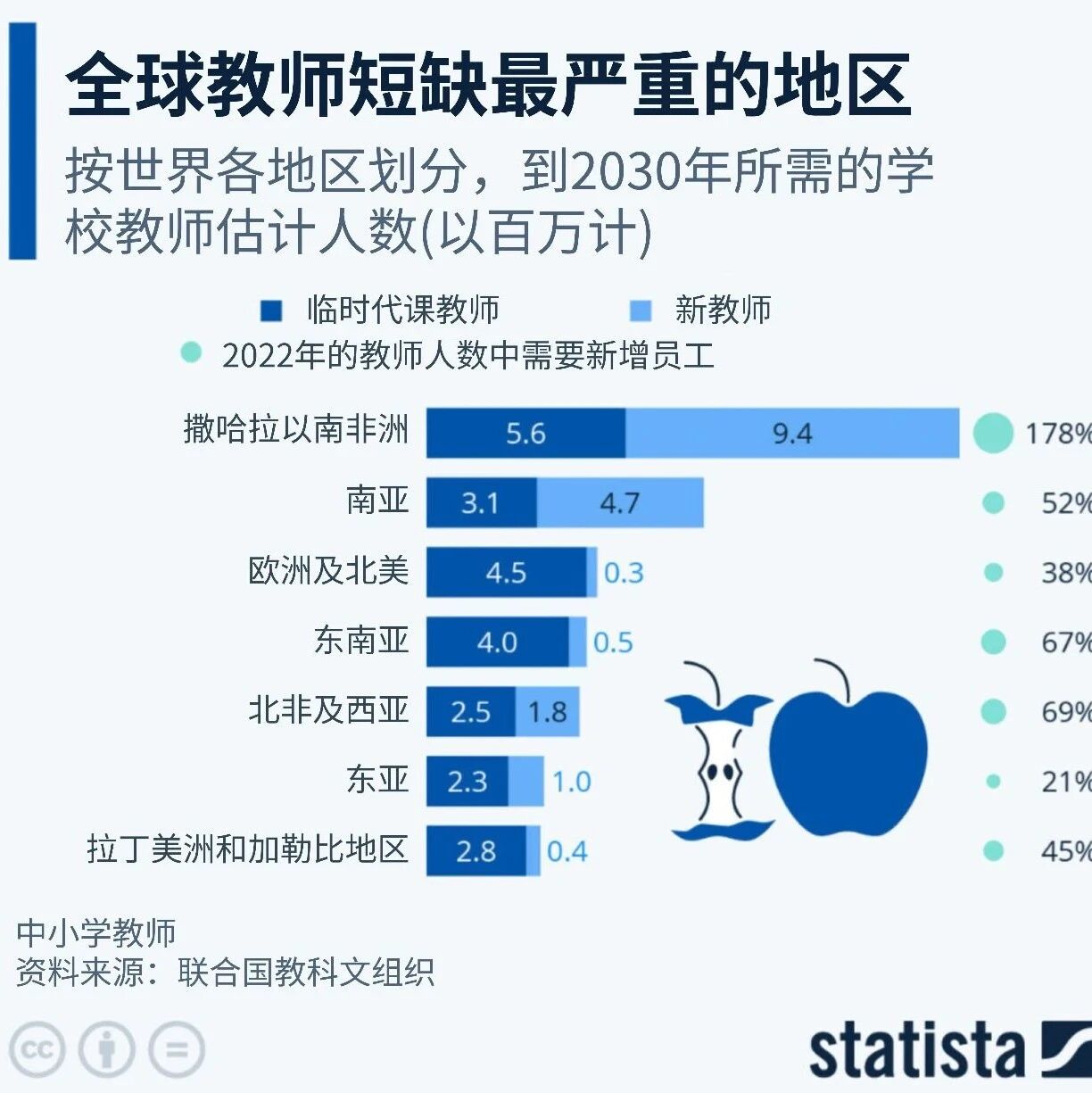

:Getty Images/iStockphoto
Anthea Ong
WorkWell Leaders
- ,2020,27%
- ,,,
- ,
,,,2020,27% ,50%4%
,,38%,65%(Ipsos),31/45%,
,,,

2024,
:/WorkWell Leaders
,11.7,,:,“”?
,/,
,46,000,
,,,,
,,,,
,——,
, (Otis Asia Pacific),,,“”,“”
,15%,(EAP)2024WorkWell Leaders“”
“,,——,”
Stephane de Montlivault
Otis Asia-Pacific President
Treating employee well-being as a cross-functional strategic management approach not only enhances every aspect of the employee experience but also has a tangible impact on business operations.
Singapore's largest mobile network operatorSingapore Telecommunications (Singtel) has launched a comprehensive range of programs designed to support the well-being of every employee—addressing mental, physical, as well as family and financial needs.
Singapore Telecommunications CEO Huang Tiancong stated:"Our employee program is designed to foster a strong sense of belonging, empowering employees to engage in meaningful work while supporting their professional and personal growth—and driving diversity and inclusion. We believe that in this positive environment, employees can perform at their best, contributing not only to the success of our organization but also enriching the communities we’re committed to serving."
Ultimately, a positive work environment first and foremost requires providing employees with psychological safety.Google's groundbreaking study, the "Aristotle Project," concluded thatPsychological safety is crucial for teamwork—it matters far more than any other factor.
This two-year study found that the most successful leaders aren’t the autocratic visionaries—but rather the managers who excel at understanding and shaping team norms, fostering open communication, embracing individuality, and encouraging innovation within an inclusive environment.
Employee well-being has become a potential business risk.
Beyond the direct benefits to business performance, neglecting employee well-being also poses significant risks.As more and more regulations emerge—such as the International Organization for Standardization standards—45003And45004)Today, many stakeholders view employee well-being as a critical business risk when it comes to mental health and safety in the workplace.
The World Economic Forum'sHealthy Workforce InitiativeWe are actively working to enhance the overall health and well-being of employees, their families, and society as a whole by leveraging improvements in the workplace environment, while also driving the advancement of preventive health management.
Recognizing that employee well-being not only boosts performance but also plays a critical role in risk management,WorkWell Leaders Alliance— An organization comprising more than 75 CEOs from Singaporean companies is spearheading the effort to elevate workplace well-being as a strategic priority for sustainable development. They’re also collaborating with several partners to assess the real-world impact of employee wellness initiatives on business performance and risk management, with the research findings set to be unveiled later this year.
The days of merely "checking boxes" when it comes to employee well-being are coming to an end. We should move beyond a "cost-centric" mindset and instead embrace this as a cross-functional, core strategy that drives both employee development and the company’s sustained growth.

The above content solely represents the author's personal views.This article is translated from the World Economic Forum's Agenda blog; the Chinese version is for reference only.Feel free to share this in your WeChat Moments; please leave a comment at the end of the post or on our official account if you’d like to republish.
Editor: Wan Ruxin
The World Economic Forum is an independent and neutral platform dedicated to bringing together diverse perspectives to discuss critical global, regional, and industry-specific issues.
Follow us on Weibo, WeChat Video Channels, Douyin, and Xiaohongshu!
"World Economic Forum"


